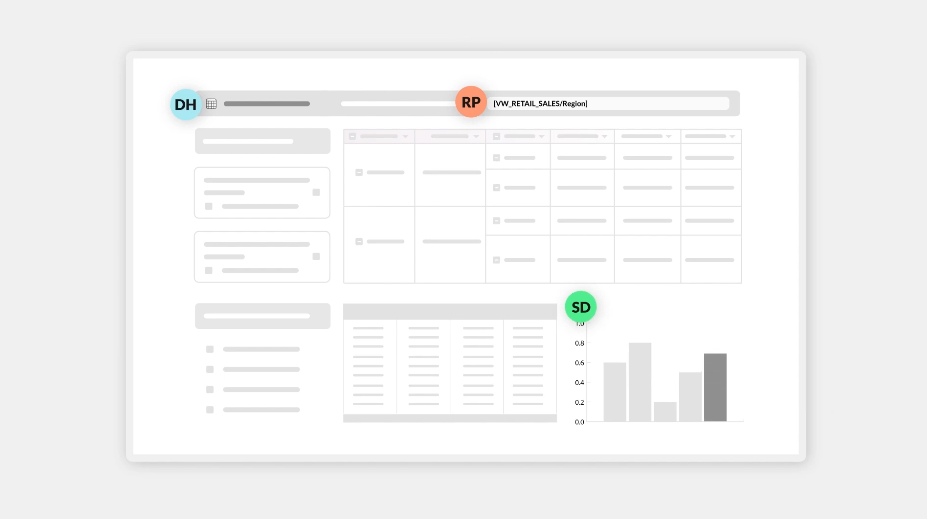 BIG DATA
BIG DATA
 BIG DATA
BIG DATA
 BIG DATA
BIG DATA
Sigma Computing Inc., the developer of a business intelligence platform designed to analyze information in cloud data warehouses, today announced that it has raised $200 million from investors.
Spark Capital and Avenir Growth Capital led the Series D round. They were joined by a half-dozen other backers, including Snowflake Ventures. The investor group’s capital infusion values Sigma at $1.5 billion, 60% more than what it was worth following its previous funding round in 2021.
“Sigma is proving that there is deep market demand for driving greater productivity and monetization as a result of the cloud data transition,” said Chief Executive Officer Mike Palmer.
San Francisco-based Sigma provides a business intelligence platform that companies can use to analyze and visualize their data. The platform is geared toward processing information kept in cloud data platforms such as Snowflake, Databricks and Google LLC’s BigQuery. Customers can use a graphical interface, SQL or Python to interact with their records.
Historically, processing information in a data warehouse required exporting that information to the analytics tool used to carry out calculations. Sigma’s platform doesn’t require customers to move information out of their data warehouse, which improves security. Queries are likewise carried out within the platform where the data is hosted.
Sigma says improved cybersecurity is not the only benefit of its approach. According to the company, its platform can also help organizations ensure that their analytics teams are working with up-to-date information.
In many cases, exporting records from a data warehouse to an external analytics tool involves duplicating those records. The data warehouse retains the original information, while a copy is created in the analytics tool. That latter copy can become outdated over time, which makes it less useful for business intelligence projects. Because Sigma carries out calculations on the original version of the information hosted in a company’s data warehouse, it doesn’t have to create a copy and avoids the associated challenges.
Analyses are often carried out on a subset or a summary of a dataset rather than the entire file. If a spreadsheet contains 10,000 rows, running a query on 1,000 rows is technically less challenging and requires less hardware, but also decreases the accuracy of the results. Sigma says that its platform allows users to run analyses on entire datasets.
Earlier this month, the company introduced several artificial intelligence features designed to make its platform easier to use. One of the new capabilities allows Snowflake users to automatically generate forecasts based on historical data. Another addition, Sigma Copilot, makes it possible to interact with business information using natural language prompts.
The update also added integrations with several large language models. According to Sigma, customers can use those models to automatically add information to a dataset. A user could, for example, have an LLM analyze a spreadsheet containing product descriptions and add a column with one-sentence summaries of those descriptions.
According to TechCrunch, Sigma has doubled its revenue in each of the past four years thanks to strong customer demand. The company plans to sustain that momentum by using its newly raised funds to enhance its platform’s integrations with generative AI models. Another portion of the capital will reportedly go towards growing Sigma’s presence in the U.S. and international markets.
Support our mission to keep content open and free by engaging with theCUBE community. Join theCUBE’s Alumni Trust Network, where technology leaders connect, share intelligence and create opportunities.
Founded by tech visionaries John Furrier and Dave Vellante, SiliconANGLE Media has built a dynamic ecosystem of industry-leading digital media brands that reach 15+ million elite tech professionals. Our new proprietary theCUBE AI Video Cloud is breaking ground in audience interaction, leveraging theCUBEai.com neural network to help technology companies make data-driven decisions and stay at the forefront of industry conversations.